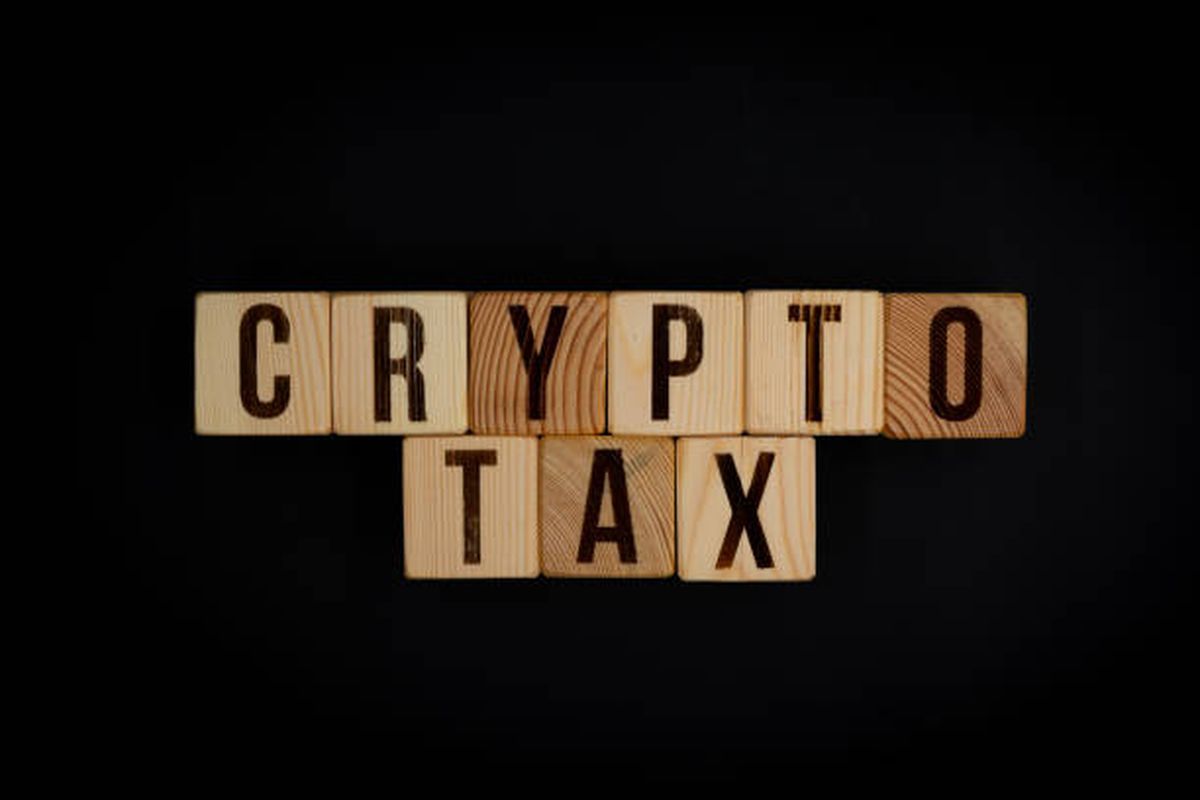The taxation of cryptos varies from one nation to the next, and it is quite important to understand the particular guidelines and rules that apply in specific locations.
Regulators and governments are currently seeking ways to tax the nascent sector. In that context, the International Monetary Fund (IMF) explained that distributed ledger technology (DLT) may be helpful in the taxation of crypto.
Based on the IMF, tens of billions of dollars of crypto tax are still out there. The financial agency stated that governments have not yet addressed all the possible methods of taxing crypto. Even if the crypto tax does not have any hindrances, the IMF noted the challenges in processing the action.
The group published a paper on “taxing cryptocurrencies” to discuss the issues with accommodating crypto assets inside the tax infrastructures. This research did not fail to state that the tax network is not designed for cryptocurrency, causing a massive struggle to tame them. Considerably, the tax networks were put in place before the emergence of blockchain technology, which has given rise to many other assets.
Related:Crypto Regulation And Taxation In Germany
What To Consider When Creating Crypto Tax Policies
Cryptos are mostly classified differently for tax purposes, subject to the jurisdiction. They might be considered as currency, property, community, or a distinct asset class.
In most nations, cryptos are subjected to capital gains tax. It means that when you dispose of or sell cryptos at a profit, you are liable to pay taxes on the gains. The tax rate might vary subject to the holding period and the tax bracket that you fall into.
Tax authorities normally need users to report their crypto transactions and holdings. This features details of sales, purchases, conversions, and all income earned via staking and mining.
Most jurisdictions consider crypto-to-crypto transactions as taxable events, which means that in case you trade one crypto for another, it might be subjected to taxation. This may result in complexities when it comes to the calculation of losses or gains.
For users who stake or mine cryptos, the income generated from the activities is generally taxable. It is crucial to keep track of the value of the crypto at the time of receipt since it will be used in determining the taxable amount.
Cryptos and digital assets received via forks and airdrops are normally considered taxable income. The value of the coins at the time they are received is used to determine the taxable amount.
In some instances, losses that are incurred from crypto investments come in handy to offset capital gains and other taxable income. The rules and regulations that determine loss deductions vary. Hence, it is advisable to ask for guidance from a tax professional or refer to particular guidelines in your jurisdiction.
Interestingly, crypto taxation laws are still evolving in most nations, and new regulations might be introduced in the coming years. To guarantee compliance with the local tax laws, it is recommended to consult tax advisors or accountants who are familiar with crypto taxation in a particular jurisdiction.
IMF Investigates Crypto Tax And Highlights How To Gather Pending Taxes
In the publication, the IMF noted that the “semi-anonymity” of cryptocurrency makes it challenging to tax these assets. The group also referred to its dual nature, which features an investment vehicle and means of payment. Moreover, elevated volatility is common to cryptos, and that proves to be a huge challenge for tax collections.
Notably, there is no defined consensus on how to tax crypto – whether as capital gains, gambling, or income. The paper said that crypto is not particularly influential in evading taxes considering its volatility and high fees charged when executing transactions. IMF insists on the exploration of green taxation but called for many other mechanisms to be implemented to help resolve the current situation.
While summarizing the challenges that policymakers face to tax digital assets including cryptos, the IMF stated:
“The greatest challenges are for implementation: crypto’s quasi-anonymity is an inherent obstacle to third-party reporting. Design problems arise from cryptocurrencies’ dual nature as investment assets and means of payment: more straightforward is a compelling case for corrective taxation of carbon-intensive mining. Ownership is highly concentrated at the top, but many crypto investors have only moderate incomes.”
According to IMF, the capital gains tax revenue at stake globally might be in the tens of billions of dollars. But, the bigger risks might eventually be for VAT/sales taxes. The financial group also said that the high adoption of crypto in budding economies where there is a restriction to collection technology is another notable setback.
Related:The Gray Areas of Crypto Tax Issues and More…Ben Borodach of April Explains
The different crypto investors including the smallholders and the whales also cause the IMF not to tax cryptos. Retail crypto holders need a unique strategy compared to the whales that own bigger portions of various crypto assets. Thus, it is important to have a proper tax design to ensure that it works appropriately.
IMF also talked about anonymous transactions, noting that it might eventually result in anonymous transactions for users who look to evade taxation. The financial group insists that distributed ledger technology will come in handy for regulators and governments looking to tax crypto.
Distributed ledger technology is highly transparent which makes it a viable option for IMF. The traceability could assist users and regulators to trace transaction history and ultimately be used in administering all due taxes. IMF concluded:
“The use of smart contracts (self-executing programs) within blockchains, for example, might in principle help secure chains of VAT compliance and enforce withholding”.







